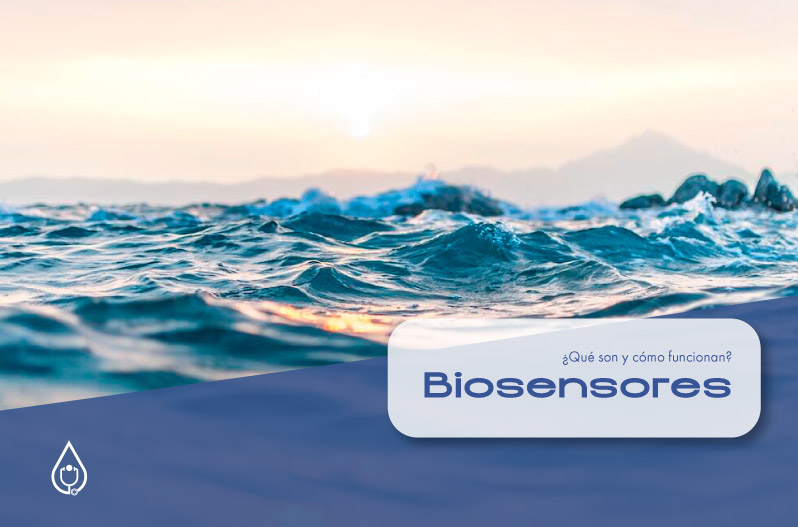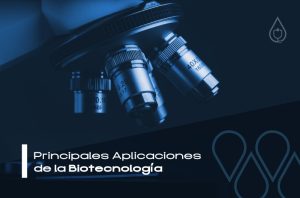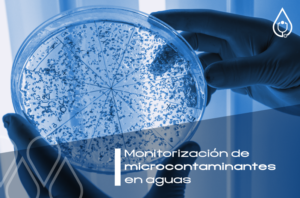A biosensor is a device that detects a specific substance in a sample and produces an electrical signal that can be measured. Biosensors can detect a wide variety of substances, including glucose, enzymes, hormones, and antibodies. The electrical signal produced by the biosensor can be measured to determine the concentration of the substance in the sample. Biosensors can detect a wide variety of substances, including glucose, enzymes, hormones, and antibodies. The electrical signal produced by the biosensor can be measured to determine the concentration of the substance in the sample. They have been developed in a variety of forms, including probes, electrodes, and voltage cells. Some biosensors can be implanted in the body, while others can be used externally.
Components of a biosensor:
- Biological sensor, which can be taken from nature or synthetic biology..
- Transducer, couples the elements and translates signals emitted by the sensor.
- Detector, can be optical, piezoelectric, thermal, etc.
Types of Biosensors
- Electrochemical: They react with an analyte of interest to produce an electrical signal proportional to the concentration of the analyte.
- Immunosensors: Solid-state biosensor devices based on affinity ligands in which the immunochemical reaction is coupled to a transducer.
- Magnetic: They detect changes in magnetic properties or magnetically induced effects.
- Thermometric: Measure the change in temperature of the solution containing the analyte caused by these enzymatic reactions.
- Acoustic: Measure the change in the physical properties of an acoustic wave.
- Optical: Measure the interaction of an optical field with a biorecognition sensor element.
Some applications of biosensors
- Monitoring blood glucose for diabetes control.
- Detecting enzymes to diagnose diseases.
- Checking hormone levels for the diagnosis and treatment of diseases.
- Detecting antibodies to identify and treat infections.
- Detecting toxins to diagnose and treat cases of poisoning.
What do we use biosensors for?
Environmental biosensors offer the ability to detect pesticides, heavy metals and several of the main water pollutants. At Sensactive Technology, we create early warning systems that enable relevant decisions to be made in real time. In this way, we help industries comply with current legislation and work to protect public health.
Conclusion
At Sensactive Technology, we want technology and innovation to go hand in hand to offer solutions of high socio-health and environmental interest, responding to the need to monitor the levels of agents that affect or may affect the health of the population.





